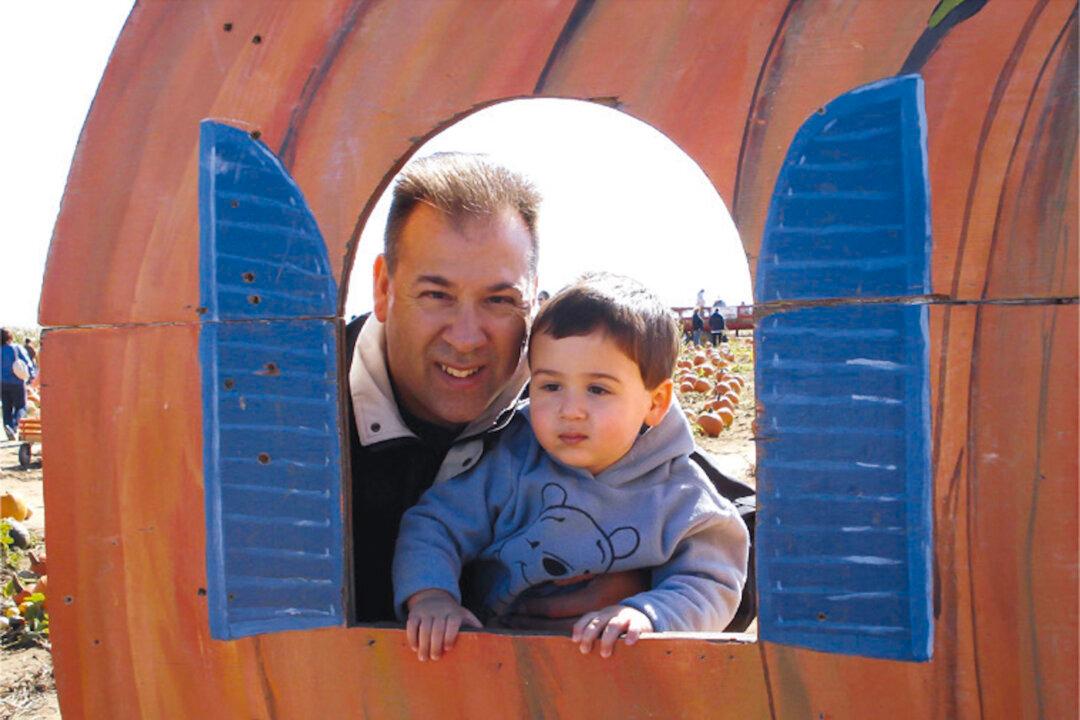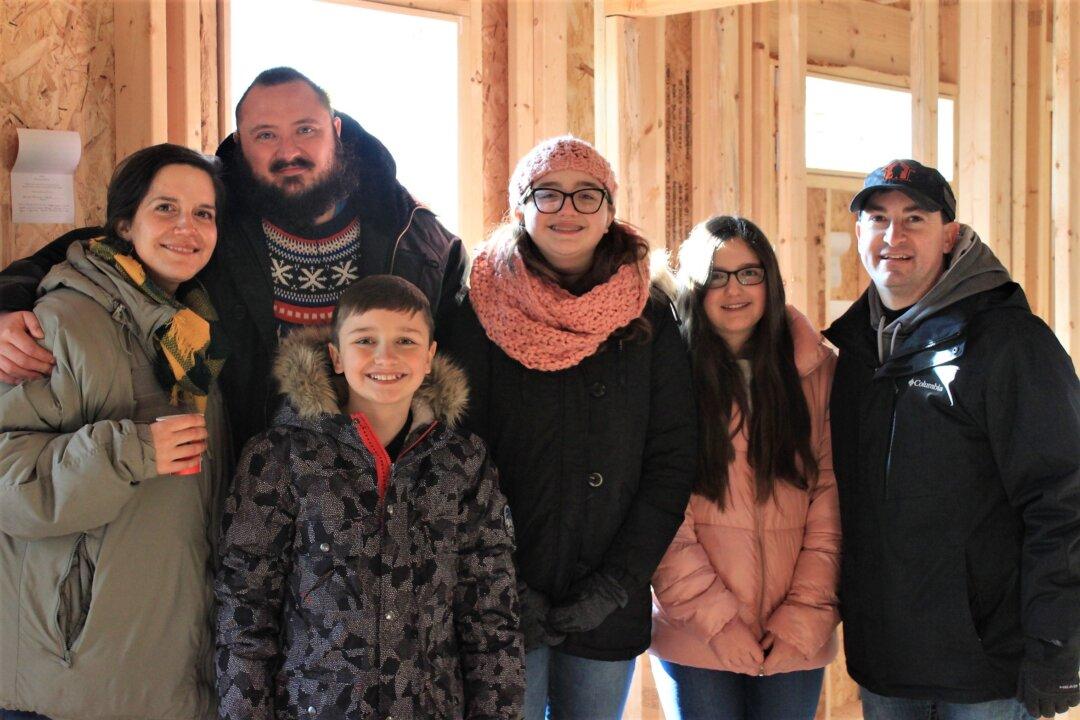After school one day, a gregarious and confident sixth-grade student named Travis Curtright told his mother about his plans to be a stand-up comedian. In a way, his dream came to fruition, for professionally he draws out the comedic genius of William Shakespeare as the Director of Shakespeare in Performance at Ave Maria University.
It all began in 2012 when Dr. Curtright taught a course featuring Shakespeare’s plays at the university. With professional training from the American Shakespeare Center and Chicago’s The Second City, he naturally shared his love of literature and acting with students. “I would stage student interpretations of various scenes or soliloquies or some part of the play’s action. Students loved the freedom and experimental nature of exploring plays this way and asked me to direct them in a production, and that’s how this all began in 2012,” said Dr. Curtright, who earned a doctorate in Literature from the University of Dallas.





